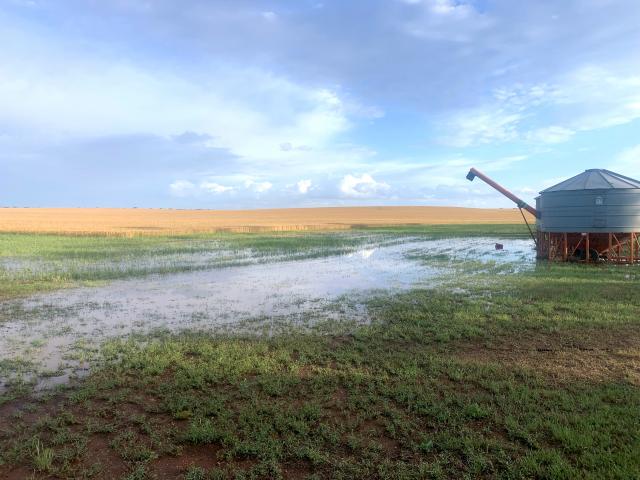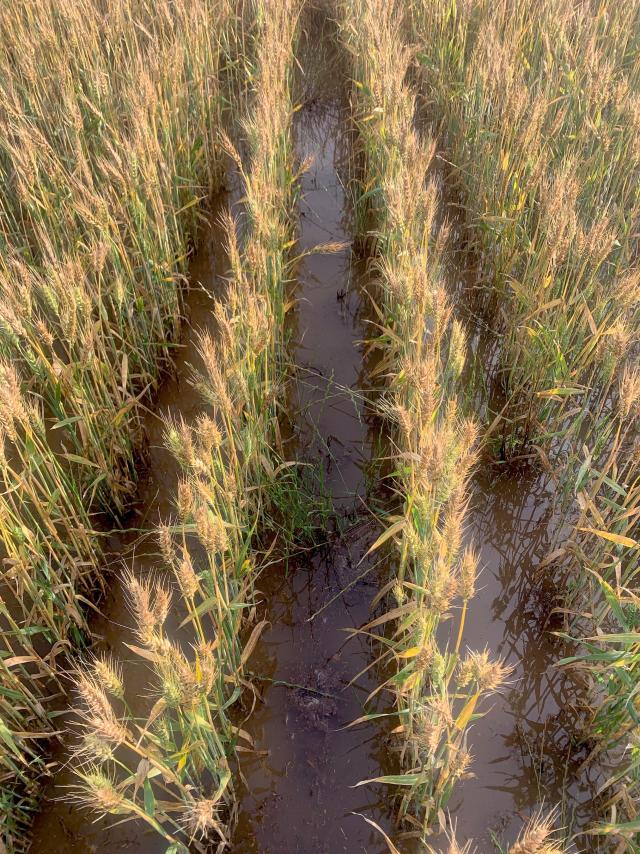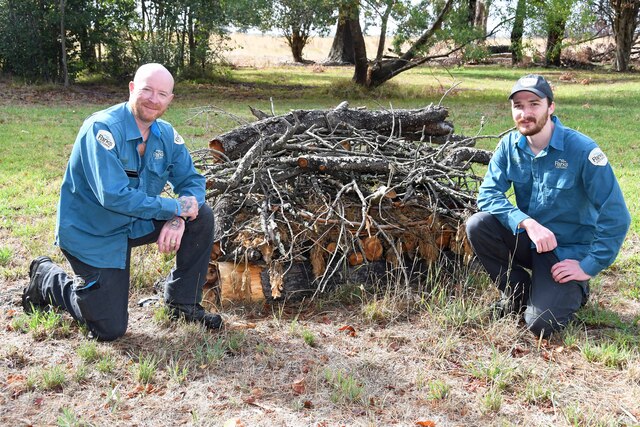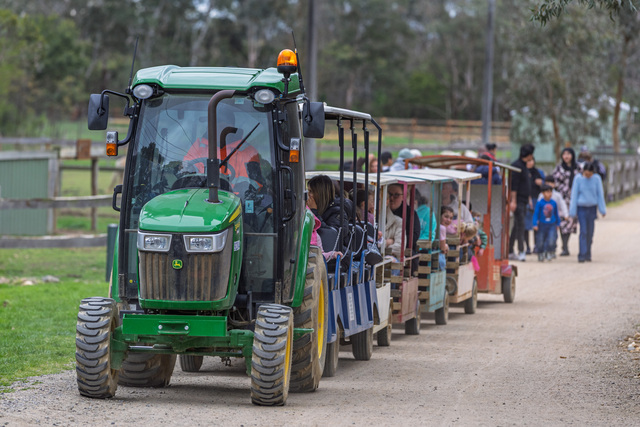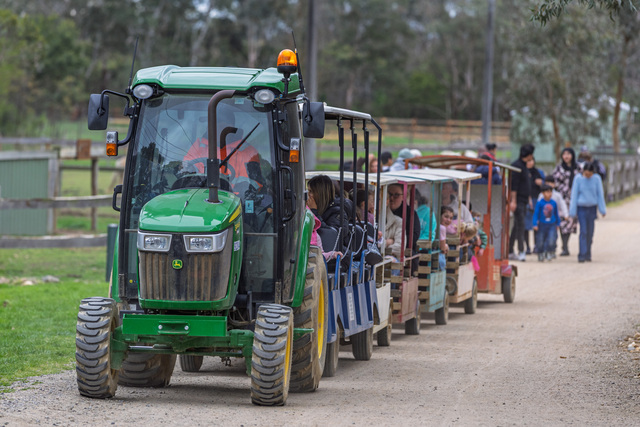Heavy rainfall across the state can bring out animal health issues.
To manage this, livestock owners need an awareness of what to look out for and what to prevent, you may need to monitor your stock a little more closely and be ready to act quickly and decisively if and when problems arise, particularly in flood-affected areas.
The lush pastures of spring can lead to photosensitisation, which appears as a severe form of sunburn on the uncoloured, less hairy areas of the skin, such as the unpigmented skin and teats of cattle, and the ears and nose of sheep.
Moulds grow easily in wet, humid conditions, and some moulds are toxic and can cause stock to die suddenly or create longer-term health problems such as liver damage, which may also lead to photosensitisation.
Foot abscesses and other foot problems will be common in heavy animals standing on wet, muddy ground.
Warm, humid conditions will also favour the expression and spread of footrot in sheep if it is present in a flock.
A wet season is likely to result in larger than usual insect populations.
Flystrike is likely to occur in sheep after wetting, especially if they have a thick wool cover.
Diseases that can be spread mechanically by flies, such as pinkeye, may become more widespread.
Plus, insect-borne diseases usually found further north such as Bovine ephemeral fever, Akabane disease and Murray Valley encephalitis could extend into Victoria.
Most bacteria thrive and multiply in a moist environment, so bacterial diseases can become a real problem during wet conditions.
Pneumonia, diarrhoea, and mastitis are more likely to occur due to exposure and unhygienic conditions.
Vaccinating against clostridial diseases is important with abundant spring growth.
The sudden flush of feed will make stock susceptible to pulpy kidney.
Similarly, leptospirosis vaccination is recommended, as leptospirosis is more likely to be a problem in wet seasons.
A sudden flush of pasture, especially clover or lucerne, can cause bloat in cattle or red-gut in sheep.
Worm larvae survive much longer on pasture in moist conditions, and parasite burdens may increase rapidly.
Protozoan parasites such as cryptosporidium and coccidia also emerge in wet seasons, causing scouring in calves.
Floods can dump large quantities of silt and organic material in dams.
Be on the lookout for polluted dam water, and algal blooms when the weather warms up.
For further advice please contact your local veterinarian or Agriculture Victoria veterinary or animal health officer.
– Dr Jeff Cave is a senior veterinary officer

